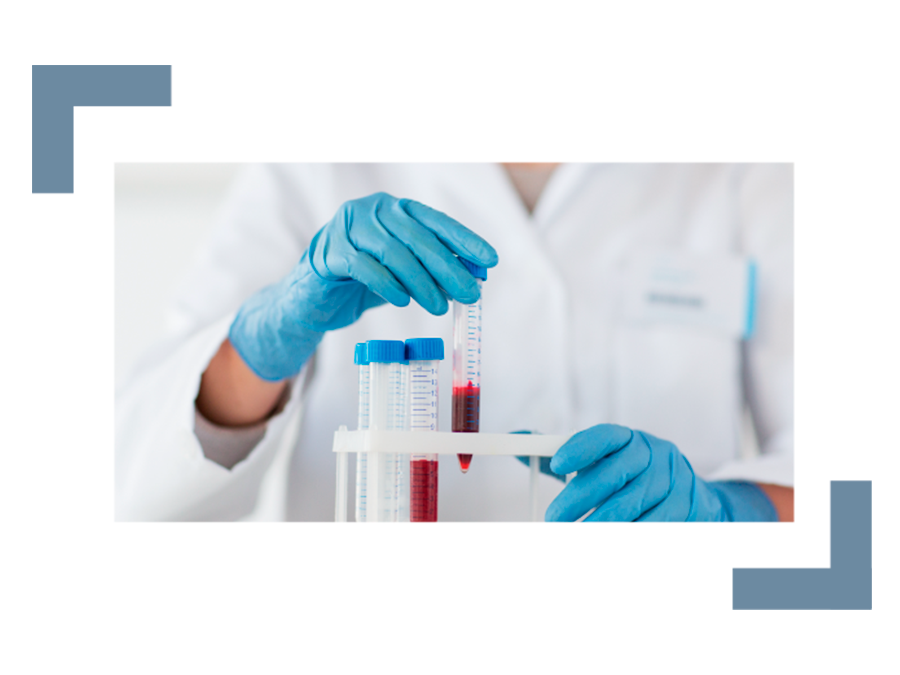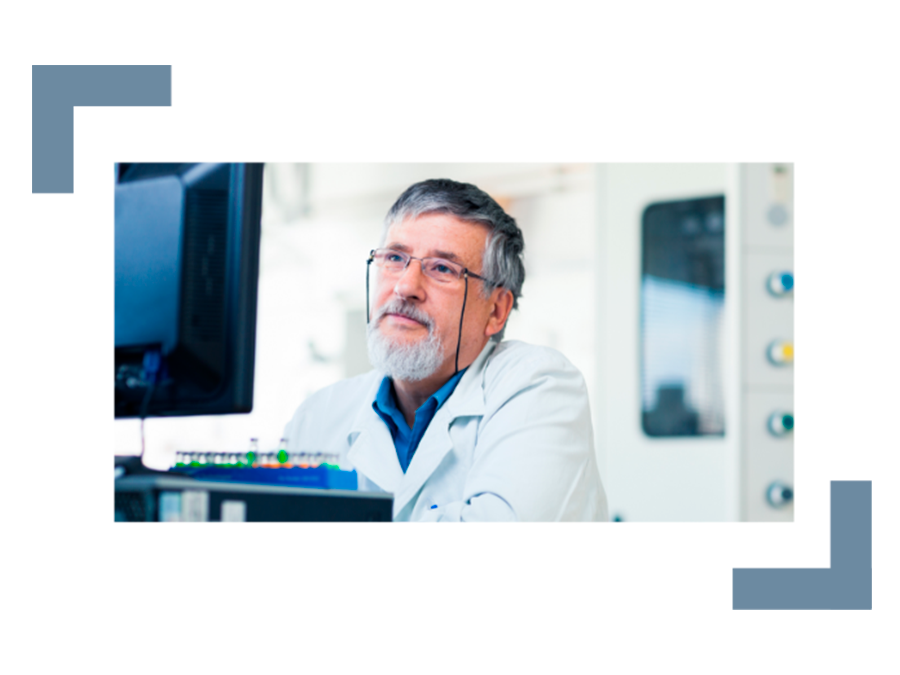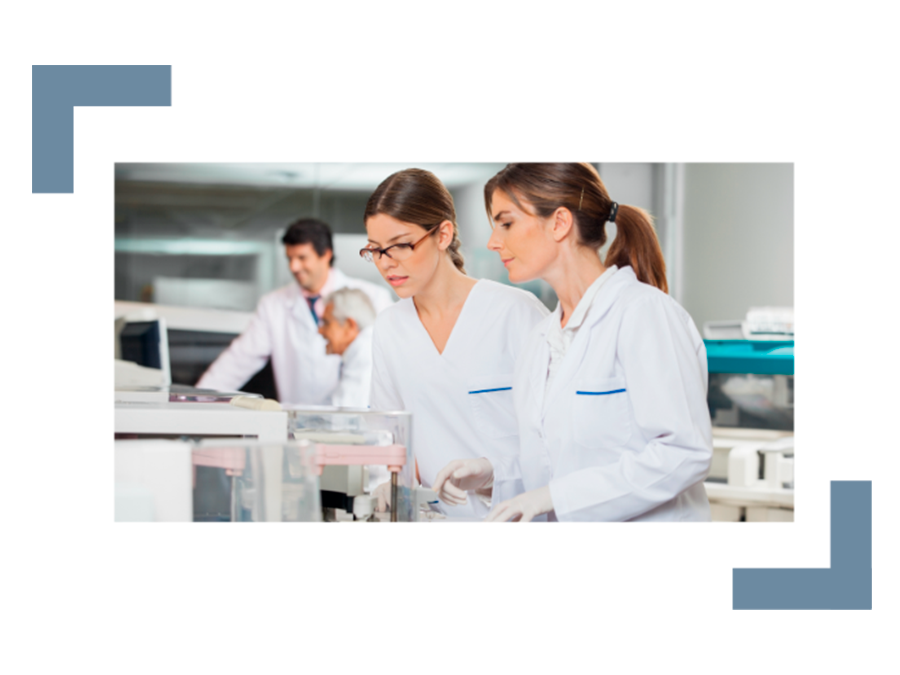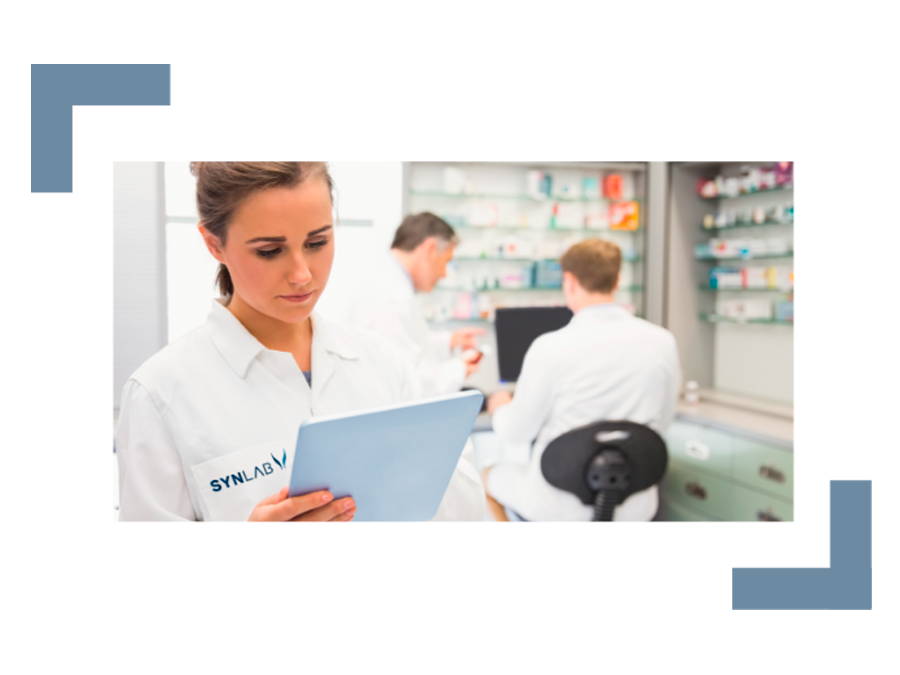The Toxicology Department works with an extensive catalogue of services, focusing its efforts in the following fields of application: study of biomarkers of occupational exposure, pharmacological monitoring based on pharmacokinetic parameters, determination of drugs of abuse and trace elements, analysis of vitamins, biogenic amines, amino acids and organic acids, fatty acids and pesticides and metabolomic studies. The laboratory has state-of-the-art and reference methodology and instrumentation for this purpose, including UHPLC/MS-MS, UHPLC-QTOF, GC/MS, ICP/MS.
The department’s team is made up of medical and technical professionals with over 20 years of experience in the sector and, therefore, stands out for its expertise in clinical and occupational matters and in the use of the technology necessary for these types of studies.
What we do?

One of the main objectives in the workplace and at the environmental level is to identify and quantify the adverse effects associated with exposure to chemical, physical and biological agents. These analyses enable the specialist to monitor workers in order to assess the potential danger of exposure and ensure that the concentration of the toxic agent does not exceed harmful values in accordance with regulations or recommendations from competent bodies.
At a clinical level, analyses are carried out to diagnose osteoporosis, metabolic diseases, oxidative stress, vitamin status, and to monitor hormones and neurotransmitters. Therapeutic drugs and their toxicity, such as antiepileptics, antidepressants, immunosuppressants, benzodiazepines, neuroleptics and tricyclic antidepressants, are also monitored.

The purpose of this area is to determine the consumption, intoxication and/or monitoring of the treatment of psychoactive substances, their metabolites and drugs. The core competence is the confirmation of drugs of abuse in biological samples by screening using immunoassay or rapid tests.
Assays are performed on saliva, blood, urine, hair, sweat and non-biological samples. The scenarios for these analyses are court injunctions, control of substance abuse in the workplace, or for private purposes.
A strict chain-of-custody protocol is followed, which enables the results obtained to be used in the judicial context and, if necessary, to provide support in court trials to ratify the results of the analysis.

The laboratory has an exclusive area where the entire procedure is carried out, from extraction of the sample to issuance of the results. Multiple elements are determined simultaneously in matrices such as urine, serum, blood, hair. The main applications include analysis of elements to determine occupational exposure, analysis of essential trace elements for the body, detection of dietary deficiencies in treatments, or prosthesis-derived heavy metal bioaccumulation.
What sets us apart?
The aim of this department is to offer the best service and to be at the forefront of the latest technologies and applications, such as emerging drugs (very potent compounds bought and sold in the illicit drugs market that have been synthesized to remain undetected using conventional methods of analysis), bacterial and viral proteomics, doping, steroids, etc..
Our specialists offer a consultation service for the assessment and interpretation of results, and they provide advice on exposure levels or choice of analysis for correct evaluation of the patient. They also provide expert assistance in legal proceedings as technical experts in the field of drugs of abuse and alcohol consumption, and they carry out studies of drugs of abuse in different matrices for government security forces and bodies both regionally and nationally.


